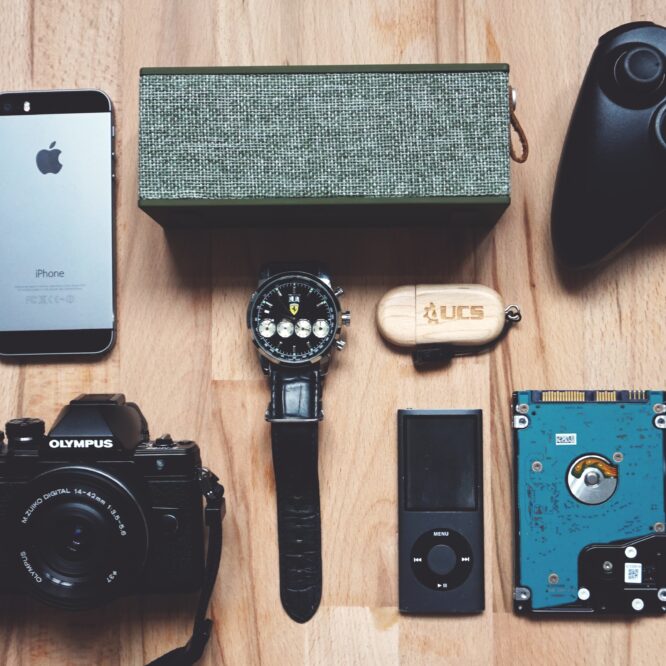When health gadgets become unhealthy.
The health gadget obsession.
Health gadget obsession – We’re all aware that maintaining our physical health and mental well-being allows us to get the most out of life.
Increasingly there is a realisation that monitoring and recording aspects of our health can help in that process.
Advances in technology now mean we can keep a close and constant watch on a wide array of indicators including heartbeat, blood pressure, blood sugar levels, weight, sleep patterns, brain waves — in fact almost anything.
But at what point does owning lots of health gadgets, making lots of measurements and setting targets become an irrational obsession or even hypochondria? When does worrying about these, often arbitrary, figures become a threat to the health and well-being that we’re aiming for? Anxiety over failure to achieve a number does have health consequences.
Unhealthy obsession
At its simplest level, most of us have felt gloom, frustration and self-loathing when the bathroom scales refuse to show any weight loss despite that new diet!
A significant number of us now own a wearable fitness device ranging in price from a few pounds to many hundreds and often linked to smart phone apps. We also might have some sophisticated and ever cheaper gadgets aimed at those with diabetes, cardiac or obesity issues. There are about 170,000 health apps available to download and millions of smartphones already have them installed.
At the heart of the matter is that one size does not fit all. There is no average person.
Aiming to achieve, say, a blood pressure of 120/80 may not be realistic for everyone. For many, the natural rate is higher or lower. Worrying about getting the ‘right’ figure is likely to raise your blood pressure!
Similarly, it’s become widely accepted that a person should walk 10,000 steps a day – it’s a central feature of the hugely popular Fitbit wearable device. But where does this figure come from?
Well, it turns out that in 1960 in Japan they worked out that the average Japanese man, when he walked 10,000 steps a day, burned something like 3000 calories and that’s what they thought the average person should consume – so they picked 10,000 paces.
If everyone feels the pressure to walk 10,000 steps – even if they are not physically capable of doing that – it could actually cause harm or damage by trying to. That’s apart from the psychological downside of the constant failure to reach this target.
How accurate are these devices anyway? Numerous tests under controlled conditions have shown wide variations in readings and accuracy. They can also produce some wildly misleading figures when the batteries start to run down.
Do you have a health gadget obsession?
It’s this constant feedback of possibly inaccurate or inappropriate data that can produce neurotic and obsessive behaviour. When that gets tied up with our sense of self-worth and self-image, psychological damage can result. Who wants to feel bad just because a watch gave the ‘wrong’ number? Equally, achieving a self-imposed target of steps or calories can prompt some users to think they deserve a reward in the form of sugary drinks or junk food which is clearly self-defeating. There is an upside though. There’s no doubt that simply investing money in these gadgets can be an important first step in just getting moving.
The American Psychological Association makes the point that “If you are trying to achieve a goal, the more often that you monitor your progress, the greater the likelihood that you will succeed. Your chances of success are even greater if you report your progress publicly or physically record it.”
Balance
The point here is balance. Obsessively publicly reporting, say on Twitter or Facebook, about your exercise successes or failures, or reading about other people’s achievements can lead to all the problems I’ve talked about in previous blogs.
The desire to monitor our health through gadgets is part of a move to greater do-it-yourself wellness. Given we only get ten minutes with our G.P (if we’re lucky), more and more people are self-diagnosing through the internet.
But that of course carries its dangers. Reading widely on the web can make you think you’ve got all manner of horrible diseases and disorders. There is so much conflicting advice based often on flimsy evidence that the result can be anxiety and confusion.
There’s a lot to be said for simply listening to your inner voice, realising that your body tends to look after itself and separating out in life what we can and cannot control. Oh, and yes, monitoring how much monitoring we are doing.
Ask youself: do you have a health gadget obsession?

